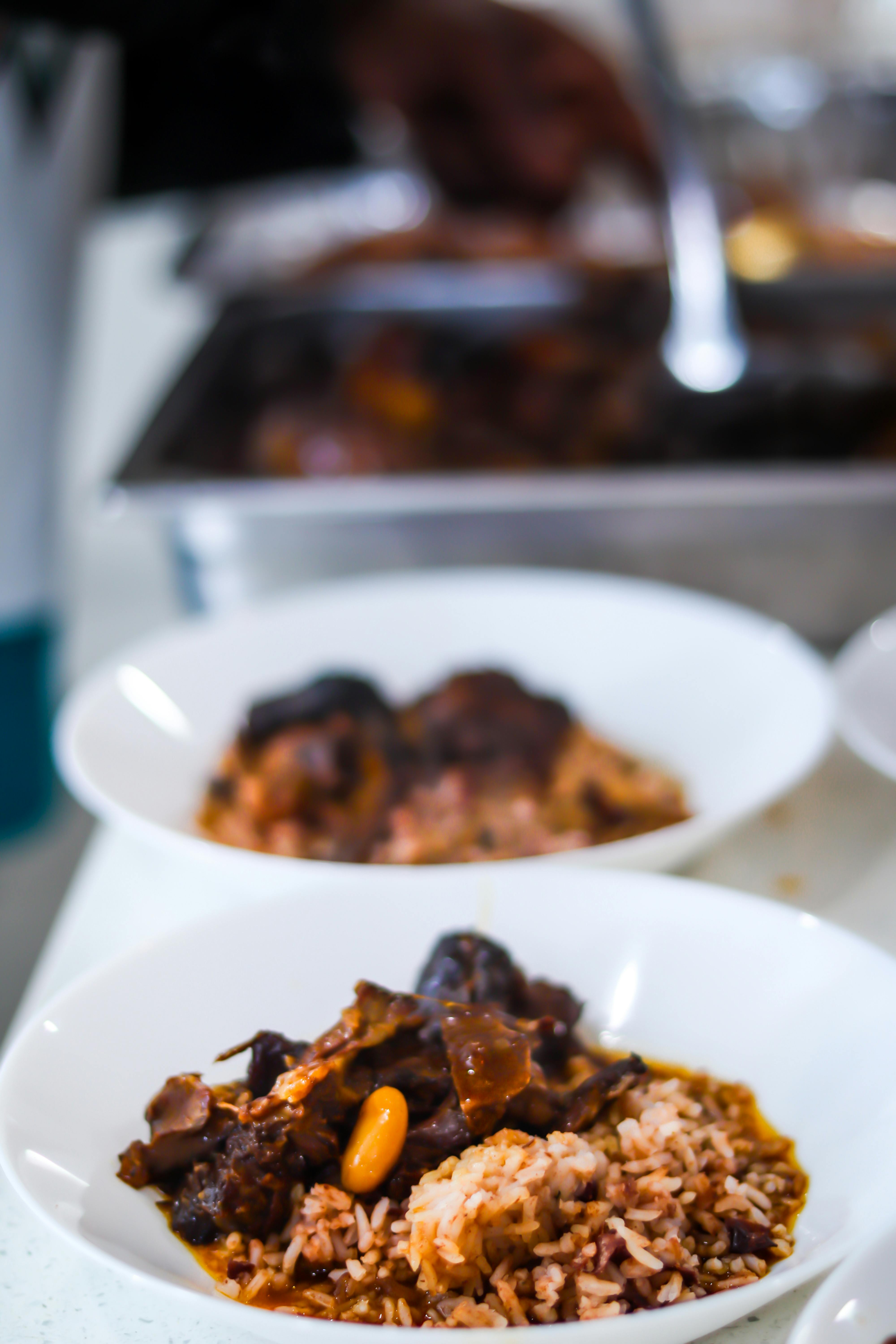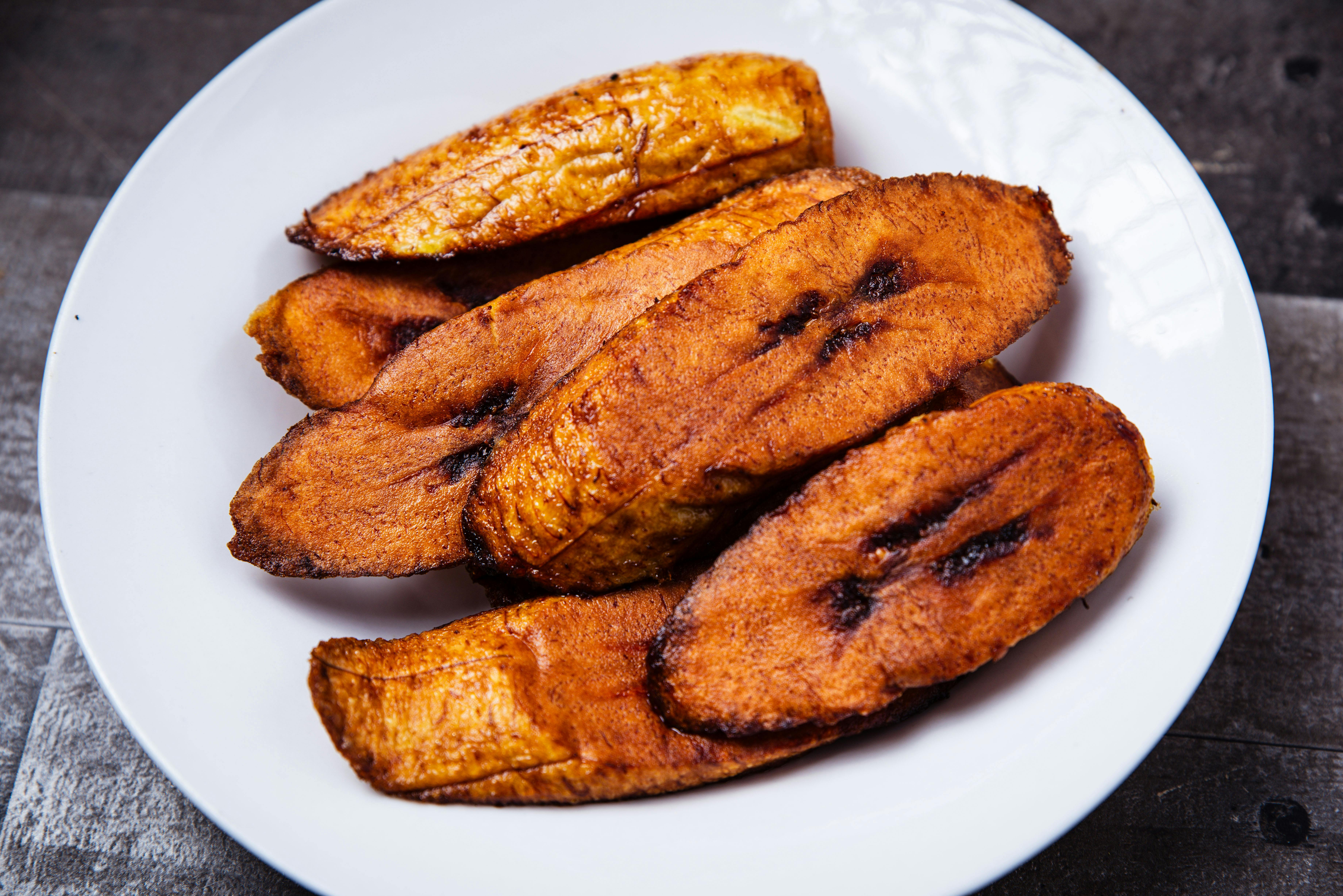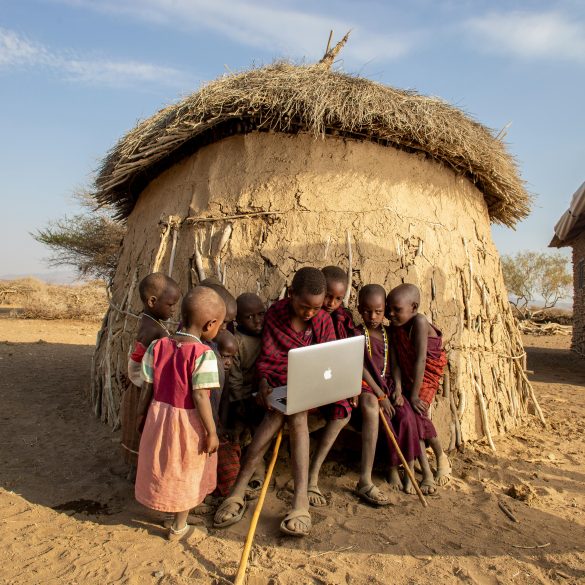10 Best Caribbean Cooking Classes for Travelers in Antigua & Barbuda
What’s the first flavor that comes to mind when you imagine Antigua and Barbuda? For most, it’s either the zing of fresh local pepper sauce or the subtle smokiness of jerk chicken on an open grill. Yet, there’s much more—callaloo simmering with a hint of nutmeg, salt fish tossed with ripe plantains, and those legendary coconut tarts that practically melt in your mouth. But hold up a moment: actually making these iconic dishes yourself, right there in the islands, is an entirely different kind of adventure.
As someone who’s spent years consulting for culinary travel companies, plus way too many Wednesday afternoons chasing down the exact right seasoning at roadside stalls in St. John’s, I’ll be honest—there’s nothing quite like a good Caribbean cooking class for transforming your understanding of a destination. It’s not just about recipes. It’s the rhythm of the kitchen, the banter with local chefs, and those unexpected moments when your hands find a technique that’s been passed down for generations. Of course, I’ve had my fair share of culinary mishaps (like burning my first batch of fungee, much to everyone’s amusement). But that’s all part of the journey.
Why Choose a Caribbean Cooking Class in Antigua and Barbuda?
Let me be completely honest: when I first landed on Antigua, I only knew the island for its beaches and cricket matches. The food? Sure, I’d had pepperpot stew at hotel buffets, but I didn’t grasp the depth until a local chef invited me into her open-air kitchen. Suddenly, Caribbean cooking wasn’t just a fun add-on—it was the gateway to understanding the island’s spirit.
Why Antigua? It’s one of the Caribbean’s most distinct culinary environments. The islands merge West African, British, and indigenous influences. You’ll see Caribbean staples—conch, plantain, tamarind, saltfish—mingling in ways that surprise even veteran chefs. According to the Antigua and Barbuda Ministry of Tourism, food-based activities were rated among the top three traveler memory-makers in 20241. That feels right. Travelers want more than sun; they want to taste the roots.
What Should You Expect from an Authentic Cooking Class?
Here’s the thing—most travelers imagine a Caribbean cooking class as just chopping up mangoes and blending rum punch. Not quite. What actually happens is a hands-on, multi-sensory experience that immerses you in local life. You might find yourself picking fresh herbs from a chef’s backyard plot. You’ll hear the clatter of cutlery mingled with island music. You may even be sent down the road with a few EC dollars to fetch a “real” coconut, not the sanitized supermarket kind.
- Local Expertise: Classes are often led by lifelong residents, many with international chef credentials. Their food isn’t just tasty—it’s a living history lesson.
- Island Ingredients: Expect seasonal, locally sourced ingredients—ackee, scotch bonnets, land crabs, cassava flour. No frozen shortcuts.
- Group & Private Options: Classes can be intimate (family-run kitchens) or larger group sessions at resorts or culinary centers. Choose what suits your comfort level, but always ask about group size—big difference in experience!
- Culture & Tradition: Most instructors share stories, family heritage, and sometimes (if you’re lucky) a local proverb or two. You’ll come away with more than recipes—you’ll carry part of the island with you.
Antigua & Barbuda’s national dish is “Fungee and Pepperpot”—a hearty combination of cornmeal dumplings simmered with rich, peppery vegetable stew. The recipe reflects Afro-Caribbean influences dating back over two centuries, and is still prepared in almost every village. It’s not just food—it’s local history on a plate.
How Did I Choose These Classes? (And My Personal Learning Moments)
Choosing the “best” classes is tricky. I interviewed local chefs, cross-checked traveler reviews, and—yes—made plenty of phone calls to verify which lessons were still running (post-pandemic travel shifted everything). My criteria? Authenticity, expert instructor credentials, hands-on learning, cultural storytelling, accessibility for travelers, and a track record of rave reviews. I added my own flavor by actually attending several: sometimes learning the hard way (nearly mistook tamarind for overripe bananas once; rookie move).
So, what follows is a list shaped by real experience, local community input, independent reviews2, and personal stories. Trust me, if you want more than touristy cookie-cutter “cooking demos,” this is your essential guide.
Top 10 Caribbean Cooking Classes in Antigua & Barbuda: My Picks for Every Traveler
Let’s get right to the heart of the matter—the classes themselves. There’s a real art to picking just ten, especially with new pop-up kitchens and culinary workshops appearing every season post-2023. What really struck me is how each class has its own personality; some are run by charismatic grandmothers, others by internationally certified chefs. I’ll be upfront: my “best” list isn’t just about technique, but about experience, inclusivity, and authentic connection.
| Class Name | Location | Instructor | Focus Dish/Experience |
|---|---|---|---|
| Nicole’s Table | St. John’s | Nicole Arthurton | Full Caribbean menu, hands-on, history focus |
| Gemma’s Caribbean Kitchen | English Harbour | Gemma Thomas | Saltfish, fungee, coconut tart—local family secrets |
| Flavors of Antigua Workshop | St. John’s | Chef Dorian | Street food & market tours, practical quick dishes |
| Culinary Cultural Center | Parham | Local Chefs’ Collective | Plant-based dishes, live demo & tasting |
| Barbuda Beach Cooks | Codrington | Chef Greta | Seafood focus, beach grilling, lobster mastery |
| Home Chef Experience (Private) | Traveler’s villa or rental | Chef Shanique | Custom Caribbean feast, market sourcing |
| Fungee & Fish Workshop | Bolans Village | Ms. Angela | Traditional fungee, stews, open-fire skills |
| Antigua Hotel Culinary Series | Jolly Harbour | Hotel Chefs | Resort-style classes, modern Caribbean fusion |
| Local Market Cooking Tours | St. John’s Central Market | Chef Larry | Ingredient-focused, market-to-table experience |
| Sunset Rum Punch Class | Offshore vessel (Cruise) | Chef Carla | Cocktail mixing, sweet snacks, sunset stories |
Seasonal Planning & Practical Tips for Travelers (Mistakes I’ve Made—and How to Avoid Them)
Here’s where new travelers go bonkers: timing and availability. That resort cooking class might look “guaranteed,” but turns out it’s only offered seasonally (January–March, when the lobster is freshest). I’ve learned the hard way. A couple of years ago, I arrived for a June cooking tour—only to find the market out of saltfish due to a delayed shipment. Lesson: always check your ingredient availability. Seriously.
- Rainy Season (June–November): Many outdoor classes go on hiatus, but some private home kitchens still host. Don’t count on beach grilling in a storm.
- Peak Season (December–April): Best for seafood classes, resorts run regular culinary series, and markets are vibrant.
- Festivals: Carnival (late July) and Food & Drink Festival (October) are packed with pop-up cooking classes. Absolute must if you love hands-on group energy.
- Accessibility & Safety: Some classes require standing for long periods or outdoor conditions; ask about mobility accommodations and safety protocols before booking.
- Sustainable Cooking: Look for classes focused on local, seasonal produce or fish caught using sustainable methods—a growing trend and great for conscientious travelers3.
Interactive Traveler’s Guide: Prep Checklist Before Booking Your Class
- Check the class schedule for season/ingredient availability.
- Ask about group size and instructional style—demo vs. hands-on.
- Ensure accessibility and allergy accommodations.
- Read independent traveler reviews (look for mention of authentic techniques like “hand-turning” fungee).
- Confirm safety protocols and transportation options.
I’ll admit, I didn’t do all this the first time. Missed out on the “hand-turning” demo because the class was overbooked. Lesson learned—always check capacity!

Beyond Recipes: The Real Value of Culinary Immersion for Travelers
Here’s where perspective really shifts: cooking in Antigua and Barbuda isn’t just about following directions. It’s about connecting, improvising, and sometimes learning to embrace a mess. Honestly, I reckon this makes all the difference. While many classes offer recipe cards and neat takeaways, what stays with me is the moment you realize your plantain mash isn’t perfect—and you’re laughing about it with eight fellow travelers.
- Community Building: Cooking classes often end with a shared meal, wine, and new friends. There’s genuine warmth here, especially when the conversation turns to island traditions.
- Market Visits: Some workshops include a market tour before class, so you get a crash course in local produce, bargaining, and the surprises of Caribbean food markets.
- Cooking Skills: Knife handling, seasoning, open-fire technique, dough kneading—expect guidance tailored to your skill level. Beginners are genuinely encouraged, not put on the spot.
- Local Stories: Every chef will have a story—a memory tied to a particular dish, or an anecdote about a family recipe. These are treasures. Take notes.
Featured Class Deep-Dive: Nicole’s Table (My Full Experience)
If you’re asking for an insider recommendation, Nicole’s Table is always at the top of my list. Curious why? Last year, I finally joined one of Nicole’s intimate four-person sessions at her airy, hilltop kitchen overlooking St. John’s harbor. We started with a brisk walk through her home garden, picking fresh thyme and scotch bonnet peppers.
Part One: Nicole led us through prepping fungee (her method: stir slowly and don’t rush the water). We tried our hand at saltfish buljol. It tasted nothing like the resort version—far nuttier, more “alive.” Along the way, Nicole shared stories about her childhood cooking with her grandmother. Real talk: I still mess up the pepper balance half the time, but Nicole corrected me gently, even laughed at my heavy hand with nutmeg.
Part Two: The class ended with a communal meal on her shaded veranda. What I really learned? The “real” recipe is the blend of personalities, not the ingredients. Nicole’s Table brings together locals, travelers, and—honestly—a good bit of Caribbean magic. (By comparison, large resort series are fun for groups, but lack intimacy.)
What Local Chefs Want Travelers to Know (Mistakes, Tips, and Traditions)
I asked half a dozen local chefs what travelers most often get wrong. Common answers? “Trying to rush the process.” “Not tasting as they go.” “Assuming all Caribbean food is spicy—sometimes it’s all about subtle flavor.” Big takeaway: relax, ask questions, and treat cooking as storytelling.
- Chef Greta (Barbuda): Always respect seafood seasonality. You may want lobster, but local fishers know best.
- Chef Shanique: Don’t be afraid to “mess up.” Islanders usually adjust on the fly—and the best flavors come from experimentation.
- Ms. Angela (Bolans): Take time to learn from elders. Traditional techniques often look “old-fashioned,” but they hold secrets modern kitchens forget.
- Chef Gemma: Ask for stories, not just recipes. Travelers remember stories far longer than any cookbook trick.
How Antigua & Barbuda Compare to Other Caribbean Islands for Culinary Experiences
I’ve attended cooking classes across the region—Jamaica, St. Lucia, Barbados. Here’s what sets Antigua apart: a sense of intimacy and direct connection to local life. Many Antiguan classes are held in home kitchens or small community centers, not glossy resorts. It’s easy to ask questions, experiment, and—yes—make mistakes without feeling self-conscious.
| Island | Typical Class Size | Main Dishes | Local Chef Access |
|---|---|---|---|
| Antigua & Barbuda | 2-8 | Fungee, saltfish, pepperpot | High |
| Barbados | 8-20 | Cou cou, flying fish | Medium |
| Jamaica | 10-30 | Jerk chicken, ackee & saltfish | Medium |
| St. Lucia | 5-12 | Green fig, saltfish pie | Medium-High |
If you’re after “big” classes with a party atmosphere, look elsewhere. But for hands-on, personal guidance from local chefs, Antigua and Barbuda hold the edge—and that’s what keeps bringing me back.
Final Thoughts: What Truly Makes a Caribbean Cooking Class “Unforgettable” (My Best Advice for Travelers)
Let’s tie all these threads together. The real magic of a Caribbean cooking class in Antigua and Barbuda isn’t the recipe itself—it’s the moments of genuine connection. You’ll learn techniques, yes, but you’ll also gain stories, mess up, laugh, and find yourself, quite unexpectedly, friends with the person frying plantains next to you.
Having worked with dozens of travelers and local chefs over the years, my advice is simple: show up with curiosity, not perfectionism. Ask questions, embrace your mistakes, and savor every moment. What I should have mentioned earlier (and forgot in my rookie phase): take notes, snap photos, and, above all, listen. The best cooking classes aren’t about leaving with textbook “skills,” but memories you’ll retell for years.
A final thought—Antigua and Barbuda’s culinary classes are ever-evolving. Classes pop up, recipes morph, and global influences shape new fusion menus. Keep checking reviews, ask locals for tips, and be open to spontaneous new options. And if the class you want is booked or closed, take it as an adventure—most local chefs will point you to an alternative, sometimes even invite you to their home.
Future-Proofing Your Culinary Experience: Sustainability, Updates, and Cultural Sensitivity
Sustainability is now a core trend in Antiguan cooking classes. In 2023, over 55% of new culinary workshops highlighted local-sourced produce and traditional fishing techniques4. Responsible travel means asking about ingredient sourcing, supporting community markets, and making sure your class respects local culture and ecology.
- Support classes that source from local markets, not just supermarkets.
- Ask instructors about seasonal ingredients—sometimes the best dishes are only available certain months.
- Respect kitchen traditions—especially elders’ techniques—and be open to learning outside “textbook” methods.
- Consider volunteering at local food festivals for even deeper immersion.
Barbuda’s lobster catching season is strictly regulated by local fisheries to ensure population sustainability—so culinary classes may shift focus depending on the month. Ask about current availability before booking!
References & Further Reading
Verified Sources for Culinary Travel in Antigua & Barbuda



